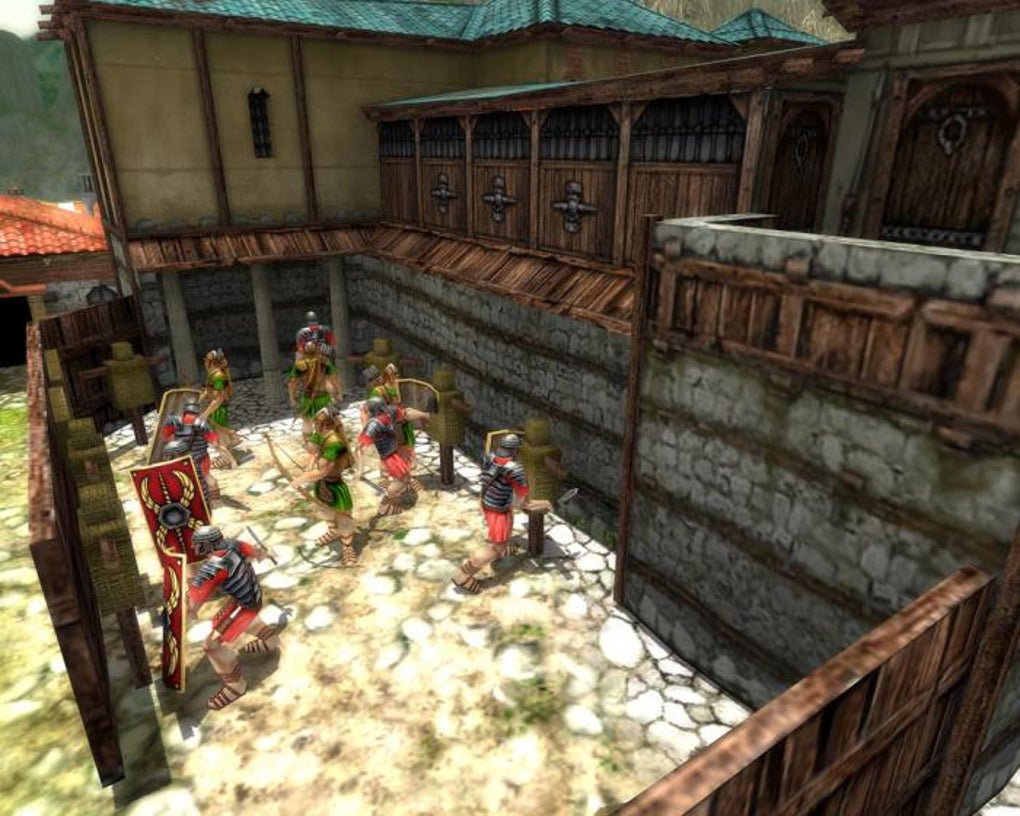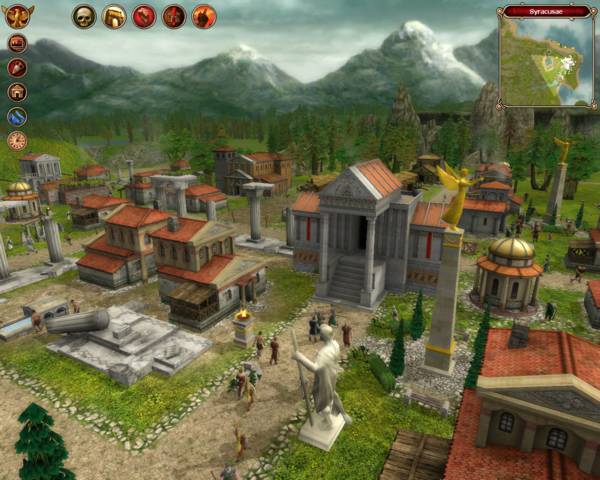

Businesses closed the day of his funeral out of deep respect for the emperor. These additions, along with the end of civil wars, fostered the growth of an enormous trading network.Īugustus died outside of Naples, Italy in A.D. He founded a postal service and established a regular police force and fire brigade in Rome.Īugustus expanded the empire, annexing Egypt, part of Spain, areas of central Europe, and even lands in the Middle East, such as Judea in A.D. He instituted a system of taxation and a census while also expanding the network of Roman roads. He passed laws to encourage marital stability and renew religious practices. He appealed to Roman citizens by claiming that he led a frugal and modest life.Īugustus reorganized Roman life throughout the empire. Augustus claimed he acted for the glory of the Roman Republic, not for personal power. With skill, efficiency, and cleverness, he secured his position as the first Emperor of Rome. Returning to Rome, Augustus was acclaimed a hero. at the Battle of Actium, Augustus won a decisive victory over his rival Mark Antony and his Egyptian fleet. He quickly formed strategic alliances, defeated his political rivals, and won a bitterly fought civil war. Augustus, at the age of 19, accepted the inheritance from Caesar’s will and was quickly plunged into the complicated world of Roman politics.

Augustus impressed his great uncle so much during battle that when Julius Caesar was assassinated in 43 B.C., he had appointed Augustus as heir to his political and personal fortune in his will. His great-uncle was Julius Caesar, who he fought beside in 47 B.C. Caesar Augustus was born Gaius Octavius in 63 B.C.


 0 kommentar(er)
0 kommentar(er)
